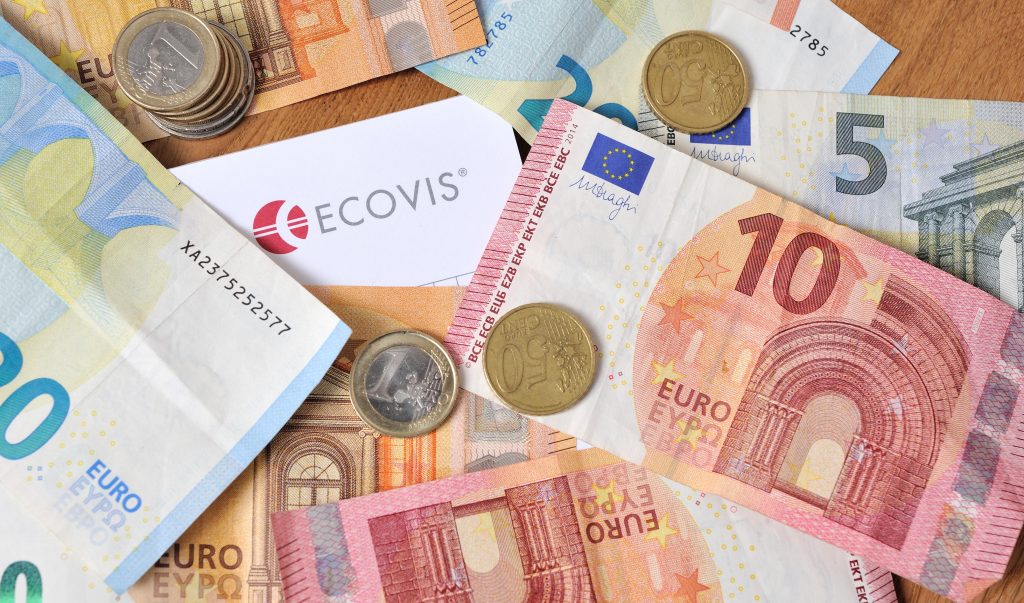If you’re an employer who had to declare idle time due to the coronavirus crisis, you can get Lithuanian Government support.
Here are the main things to know:
- Under the Lithuanian laws, the employer may declare idle time or partial idle time to employees due to the extreme situation or quarantine in Lithuania – it can be applied individually or for a group of employees.
- The employer may declare partial idle time by reducing the number of working days per week (no less than by 2 days) or working hours per day (no less than by 3 hours).
- At least minimum monthly salary (MMS) (607 EUR gross) shall be paid for the idle time to the employee who works fulltime according to the employment agreement. Partial idle time is remunerated proportionally to the time spent on that idle time.
- The employer is allowed to pay more (but not more than the salary provided for in the employment contract) than MMS. In that case, the higher subsidy would also be paid by the State:
- 70 %from the employee’s accrued salary during idle time, but not more than 910, 5 EUR gross (1.5 MMS). In this case, the employer should pay to the employee at least 1300, 71 EUR in order to receive a maximum subsidy of EUR 910, 5; or
- 90 %from the employee’s accrued salary during idle time, but not more than 607 EUR gross (1 MMS). In order to receive a maximum compensation of 607 EUR under this point, the employer should pay the employee at least 674, 44 EUR.
- Not later than within 1 (one) working day after the announcement of idle time, the employer shall inform the State Labour Inspectorate about the idle time announced to the employee in accordance with the procedure established by the Chief State Labour Inspector of the Republic of Lithuania.
- The employee shall be required to come to the workplace during idle time.
- (!) 50% of jobs will need to be preserved for 3 months after receiving subsidies.
More to read:

 Newsletter Subscription
Newsletter Subscription